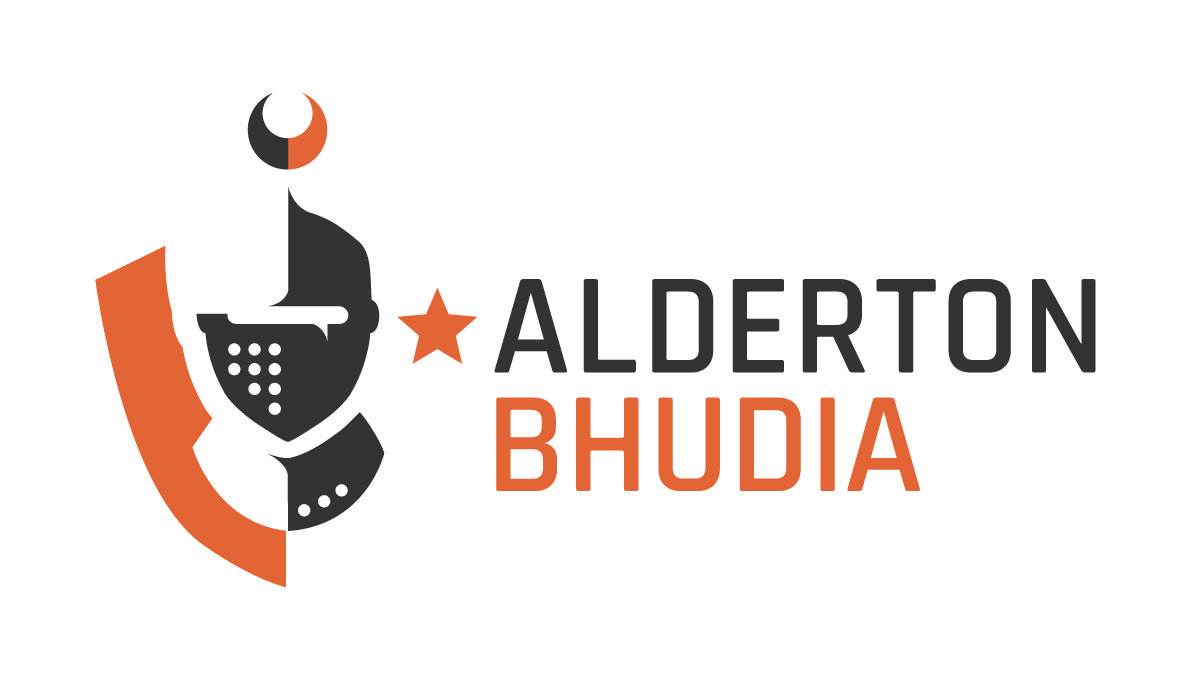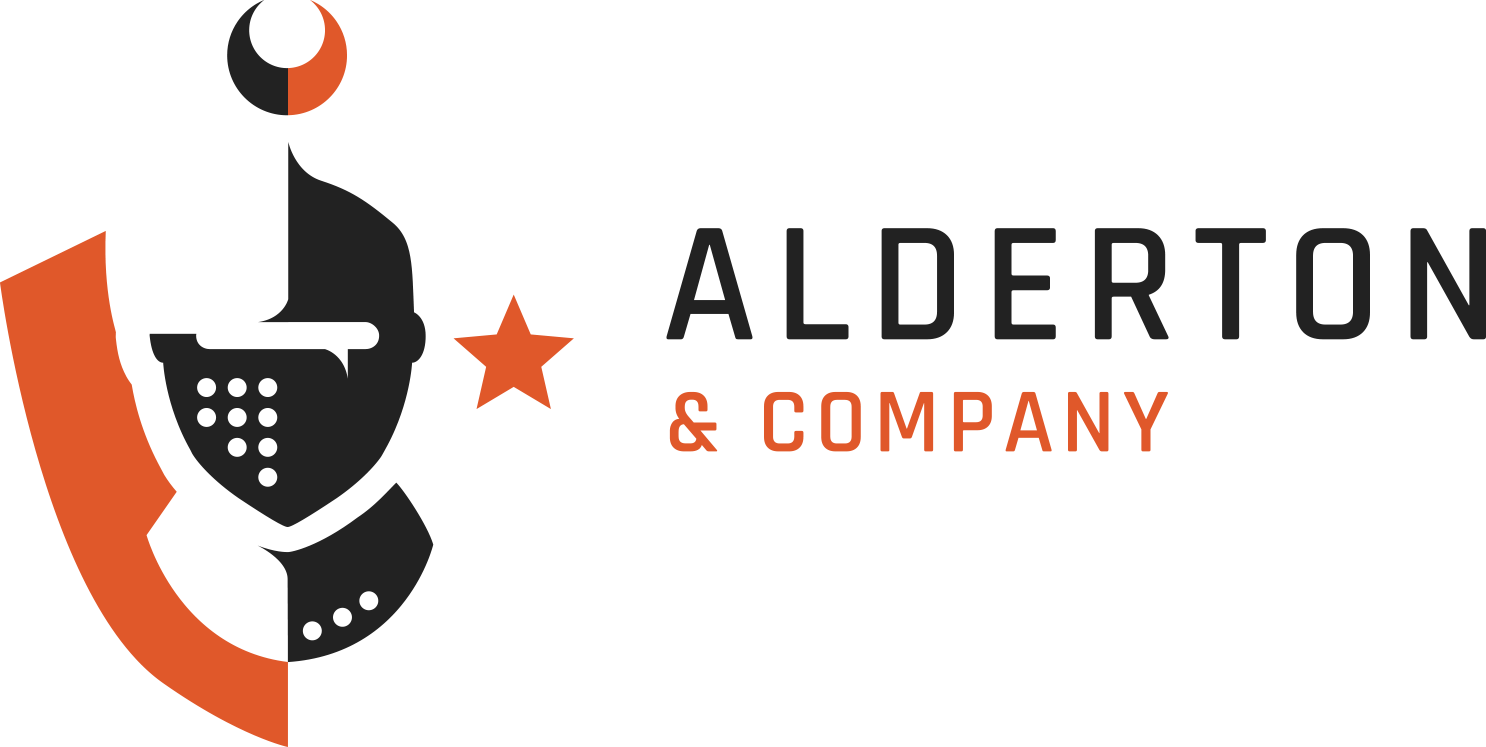
What You Should Be Getting From Your Bookkeeping and Admin Team?
December 10, 2019
Are Your Casual Employees Really Casual?
December 11, 2019The Correlation Between Poor Accounting Processes, Lost Profits and Cash Flow Slumps


Because bookkeeping encompasses so many aspects of your business, including purchases, sales, receipts, payments, reconciliations, and reporting, poor quality bookkeeping has the potential to cause significant harm.
Bookkeeping is one of the most important financial functions of your business and as such is responsible for providing accurate data to assist in the overall management of the organisation.
Listed below are some examples of the detrimental effect poor bookkeeping can have on your business:
Cash Flow
Incorrect invoicing which gives rise to debtor queries and subsequently slow, late payment, or indeed no payment of accounts receivable will cause cash flow problems restricting your ability to meet creditor payments when they fall due.
Similarly, the incorrect entry of accounts payable invoices may result in over or underpayment of accounts payable once again resulting in creditor queries. This may also have a negative impact on cash flow, particularly where overpayments have occurred.
Both of these issues also have an adverse effect on productivity which whilst a hidden cost in many instances also has a significant and detrimental effect on the profitability of the business.
Profit & Loss
Improper bookkeeping has the potential to seriously impact business profitability through interest charged on overdue creditor payments, incorrect sales invoices that may be undervalued to low productivity as indicated above which is costly.
Incorrect reporting through your financial accounts can also affect your relationships with your financiers as they take a very dim view of incorrect reporting when found out.
Decision Making
As management relies on the accuracy of data being produced from bookkeeping activities the likelihood of incorrect decision making based on imperfect data arises and may have a major negative impact on the business.
Good quality bookkeeping avoids this issue and underpins sound decision making.
Avoiding Poor Bookkeeping
In the first instance tried and proven accounting software is integral to good bookkeeping however this is also reliant on accurate input. To this extent, it is also critical that suitably qualified and experienced staff be employed to undertake these activities.
Much of accounting software is automated these days to avoid many of the problems noted above.
Other Risks
Incorrect and inadequate bookkeeping can also lead to incorrect regulatory payments such as ATO payments and OSR payments. This can subsequently end with an audit which is both costly, interrupts the business, and may end in significant fines and penalties.
Conclusion
Invest time, effort, and money in establishing sound systems to mitigate any potential profit and cash leakage that will occur through faulty bookkeeping.



